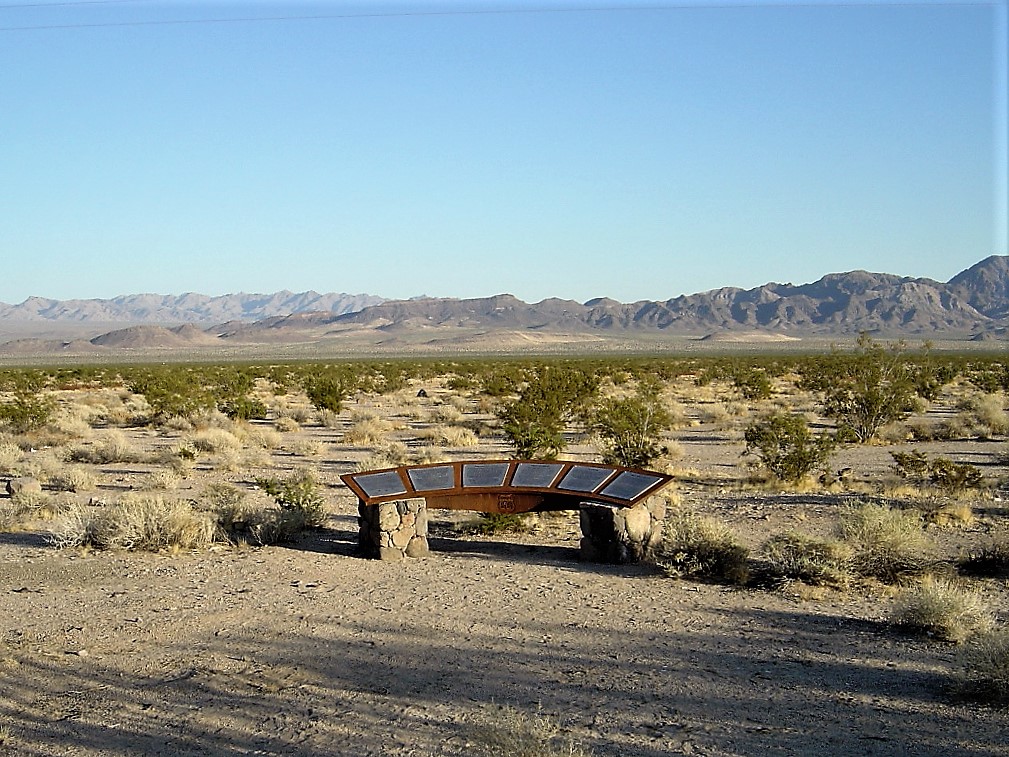
You may be wondering if all these posts are going to be about NaNo. Good question. Probably not. But the future looks hazy, shake again.
That was part of the problem, and one of the reasons why blogging was so hard. I was trying to think about all of you. The potential readers. What did you want from me? You are not very good at letting me know. The silence was deafening.
I spent so much time worrying about what to write and just knowing that I was going to be wrong and people would hate me and gamergate shit would happen. Somehow I would be doxed and put my family in danger. Yes I am very good at catastrophizing. Creative people create no matter what.
This is different. I still care what you think. I would like you to like me, my writing. But for now I am going to focus on what I want to write. Buckle up, it’s going to be a strange ride. I have a lot of different interests.
So the goal is thirty days of posts. Any kind of posts. (It would have been 31, but I missed the first day of NaNo.
Ideally at the end of thirty days, I will find my feet, my voice, and perhaps some other wanderers out there looking for a place to hang for a little bit and this can go on. We’ll see.
PS If you NaNo and want to connect search for Paula1849.

 My first blog post was in August of 2008. Along the way, I’ve tweaked the content and changed from Blogger to WordPress. I’ve also played with the number of posts I run a week. Aside from that, the blog is pretty much the same as it was nine years ago.
My first blog post was in August of 2008. Along the way, I’ve tweaked the content and changed from Blogger to WordPress. I’ve also played with the number of posts I run a week. Aside from that, the blog is pretty much the same as it was nine years ago. When I talk with authors about
When I talk with authors about